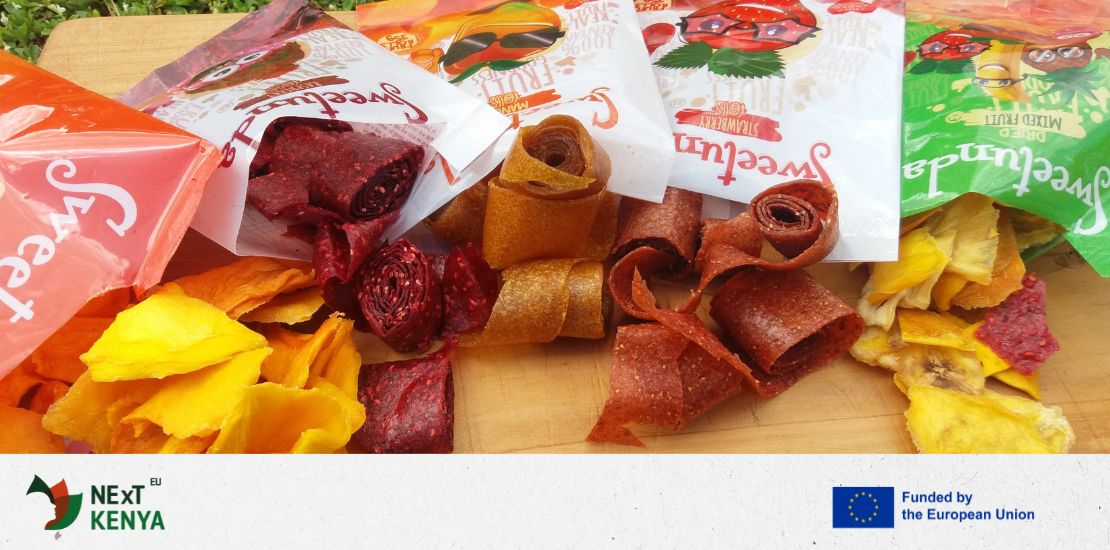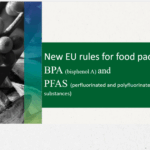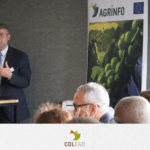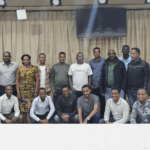- 19/07/2024
- Posted by: Sandra Borma
- Category: News

Burton & Bamber: a Kenyan success story
Burton & Bamber is a Kenyan company, registered in 2015, that processes fruit into snacks and food ingredients. These include dried fruit (mainly mango) and fruit rolls, granola, orange flesh sweet potato extruded snacks and aseptic fruit purees. The company works with 500 smallholder farmers to source produce and provide access to markets for their products. Some of the farmer groups are GLOBALG.A.P. certified, while the company’s processing facilities are FSSC 22000 certified. The company employs 78 people.
Under the EU-funded NExT Kenya programme, COLEAD completed a technical assistance mission to provide a skills and lean management assessment to improve the operations and business performance of Burton and Bamber.
The work was initiated following discussions with management about the high cost of processing. Despite investing in high quality equipment and adequate staff, the company was still facing relatively low profit margins. This was putting a strain on the business – it needed a higher profit to pay back the investment and maintain steady growth. Two options were explored: improve the efficiency of its own operations or look for additional sales. The first approach was preferred: focus on efficiency and product quality (mainly dried mango).
A skills gap and lean management approach was used to map the value stream: distinguish activities that add value to the production of Burton & Bamber’s products from those that don’t, the latter being considered ‘waste’. The next step was to identify the processes that needed improvement: SOPs (Standard Operating Procedures), quality management, streamlining operations, reducing waste and costs, and improving skills and profitability. The systematic reduction of all non-value-added or wasteful activities is expected to increase efficiency, productivity and employee morale. The primary goal of this lean approach was to reduce waste to an absolute minimum, while increasing the speed at which the product reaches the customer.
The results of the mission were impressive: a hands-on approach was used to review and improve various procedures, SOPs and quality management processes associated with the mango processing activities. Experiments were carried out to assess efficiency and improve standardisation of operations (see videos below).
Many of the recommendations were immediately implemented by the company, demonstrating the management’s involvement and commitment to the work, as well as the relevance and success of the mission. A number of medium-term actions and experiments were identified that would allow the company to further strengthen its operations, quality and profitability.
This activity is supported by the NExT Kenya (New Export Trade) programme, established in collaboration with the EU Delegation in Nairobi and Kenyan stakeholders. This publication receives financial support from the European Union. The content of this publication is the sole responsibility of COLEAD and can in no way be taken to reflect the views of the European Union.





